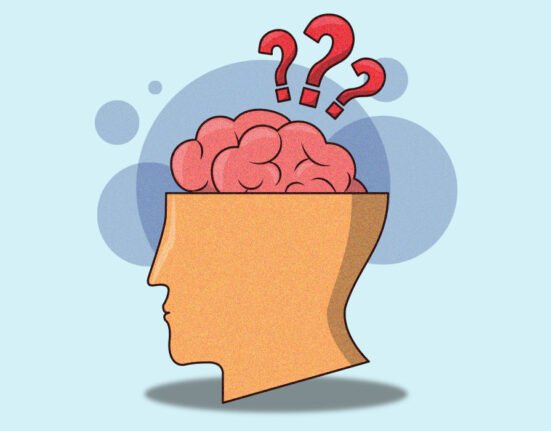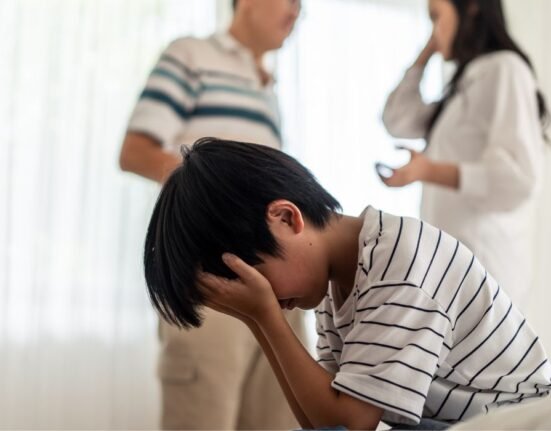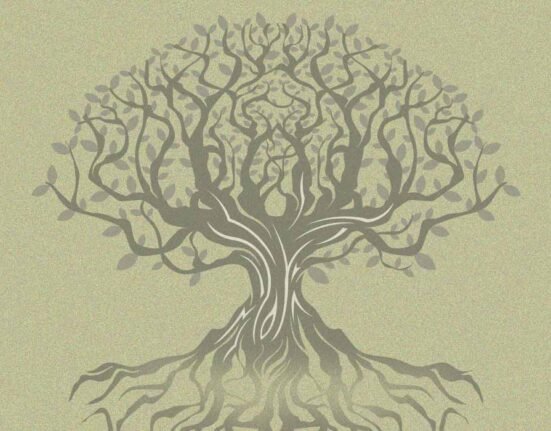Decades of research have been conducted to determine whether children born into unwanted or unplanned circumstances suffer from long-term psychological effects. Evidence continues to demonstrate that how a child is viewed and treated at birth can significantly impact their development, emotional health, relationships, and life path, as evidenced by extensive longitudinal studies such as the Prague and Czechoslovakia birth research and cross-cultural meta-analyses.
Read More: Abortion’s Physical and Psychological Effects on Mother
Findings from Longitudinal Studies
1. The Prague Study and Czech Cohort
The Prague Study and the Czech cohort, which started in the 1960s, were two seminal studies that followed children born to mothers who were refused abortions. Of the approximately 440 children born in Czechoslovakia (half from unintended pregnancies), those born unintended had much greater rates of behavioural issues, delinquency, low school participation, and psychological distress from childhood into adulthood than their peers whose births were scheduled. Unwanted-born people performed worse academically, had lower job and relationship satisfaction, and were more likely to need psychiatric treatment, even after adjusting for SES and family environment, according to the Prague Study, which followed children from the ages of 9 to the mid-30s.
2. The 31-Year Intergenerational Panel Study
According to a 31-year Intergenerational Panel Study, mothers of unwanted children were more depressed and unhappy, spent less time with their kids, and engaged in more punitive behaviour patterns that negatively impacted relationships with all of the family’s children PubMed.
Insights from National Surveys
According to data from the National Longitudinal Survey of Youth conducted in 1986, unwanted or mistimed children had less supportive parents, had a lower receptive vocabulary score. By the age of two, there was less positive affect and more fear.
Psychological & Social Dynamics
1. Attachment & Emotional Security
Adverse emotional attachments have unhealthy effects, including anxiety, a lack of trust, and difficulty forming relationships. Adults show reminders that trigger insecure attachments chronicled decades prior are sufficient to affect emotional health.
2. Emotional Abuse & Neglect
Even where there is no direct evidence of physical abuse, emotional abuse/neglect (i.e. rejection, undervaluing, withholding love) has long-term associations with later suffering in chronic mental health presentations in adulthood, including depression, anxiety, and substance misuse.
3. Cognitive & Academic Outcomes
Neglect during early childhood causes harm to brain areas devoted to controlling emotion and learning. Likewise, emotional neglect likely manifests itself in shorter attention span, fewer developed school skills, and lower IQ outcomes. Being unintended or unplanned for does not harm cognitive outcomes; however, associated distressing practices in their life (environmental stressors such a poverty, incompetent parenting) contribute to negative cognitive outcomes.
Global panel studies show higher rates of under-five mortality, undernutrition, and childhood illness in unintended pregnancies. Unwanted children face nearly twice the under-five mortality rate, higher rates of morbidity and malnutrition, and lower levels of vitamin supplementation, according to data from Bangladesh.
Impact on Society and Intergenerational Relations
- Effects on Multiple Children: When a mother experiences stress and has fewer emotional resources, all of the children in the home may suffer.
- The Effects of Gender Bias: Unwanted girls are more likely to be neglected, receive less support for their education, and experience psychological distress in societies that strongly favour sons. Trends that have been observed in South Asia and Pakistan, for example.
Read More: The Psychology of Parenting: Balancing Rewards and Mental Health Challenges
Protective and Mitigating Factors
Although being born unwanted or unplanned does put the child at risk for emotional/mental health issues, support and care can greatly reduce the consequences if they are identified and implemented early.
1. Importance of Support Systems
A good support system, including financial support, emotional support, and community support, can reduce a parent’s stress and help them to be more responsive to their child’s needs. Most parents want to be good parents and do the right thing. With good emotional support available to them, caregivers will be able to provide the necessary care for their children at the right time, which will help their children become securely attached.
2. Early Interventions
Having a pretty safe and secure home environment for the first few years of children’s lives allows early interventions like parent counselling, education on how to be a responsive caregiver, and going to therapy as a family to be very effective. Interventions like Parent–Child Interaction Therapy (PCIT) and Attachment and Biobehavioral Catch-Up (ABC) help older young children and youth by strengthening the parent-child relationship, improving emotional regulation, and fostering a secure bond.
3. Therapeutic and Educational Support
What about the lack of early care and attachment, or a poor attachment? First, a clinically endorsed attachment-based therapy may help children build back their trust and notions of self-worth. Giving parents a chance to respond to distress and co-regulate their child’s emotions and reactions is great. This leads to emotional security. The child must have access to therapy, or in a supportive school and/or community environment, education on emotion regulation and self-expression. Coping skills help to build resilience and rewrite the emotions felt from early rejection or neglect.
Read More: Co-Parenting After Divorce: Interventions to Support Child Well-being
Broader Social Implications
Unwanted births not only impact individuals, but they also have a ripple effect on whole communities and public systems. Infants who are born into, or later raised in, neglectful or unprepared contexts are at a greater risk of having poor educational and social outcomes later in life. Children who end up with poor developmental outcomes are more likely to put future strains on education systems, health care systems, and welfare systems.
An Australian study suggests that between 20-40% of mental health cases are attributable to early maltreatment such as abuse, neglect and exposure to violence, all of which appear in children born unwanted. The mental health system is also dealing with a greater burden, with increasing demand for care and support. As such, addressing unwanted births and supporting families who are at risk of unwanted births is good for the child and for the broader sociological and economic burden.
Read More: Long-Term Effects of Childhood Neglect on Adult Mental Health
Conclusion
Research has established with little doubt that children born into unwanted or unplanned contexts (which happens to many children in Canada and around the world) can face severe emotional, cognitive and social consequences on their development. For example, attachment injury, emotional neglect as a result of caregiving relationships, struggles with learning tasks in school, and ongoing mental health concerns are incredibly common predispositions of these children who very often grow into adults who still struggle with these issues.
These consequences will be significant, but not always permanent. When we consider the role, actions, and influence of systemic support, different opportunities for timely intervention often emerge. There are also many chances to provide stable support. Additionally, caregivers have various choices that encourage sensitive and responsive caregiving.
Unwanted births have societal implications rather than simply individual implications. It is essential to build family planning supports. Parents need both emotional and financial support. Child-focused services must also be strengthened. These steps are necessary to break harmful cycles and build stronger, more resilient future generations.
References +
Baydar, N. (2022, August 25). Consequences for children of their birth planning status. Guttmacher Institute. https://www.guttmacher.org/journals/psrh/1995/11/consequences-children-their-birth-planning-status
Lcsw, A. M. (2024, July 16). What is emotional child abuse? Parents. https://www.parents.com/what-is-emotional-child-abuse-4157502
Squires, S. (2024, March 2). UNWANTED CHILDREN SUFFER LONG-TERM DIFFICULTIES. The Washington Post. https://www.washingtonpost.com/archive/lifestyle/wellness/1989/08/15/unwanted-children-suffer-long-term-difficulties/6a372d81-bcab-4752-94a2-99d07e7e46b0/
Unwanted childbearing, health, and mother-child relationships. (1999, September 1). PubMed. https://pubmed.ncbi.nlm.nih.gov/10513146/













Leave feedback about this